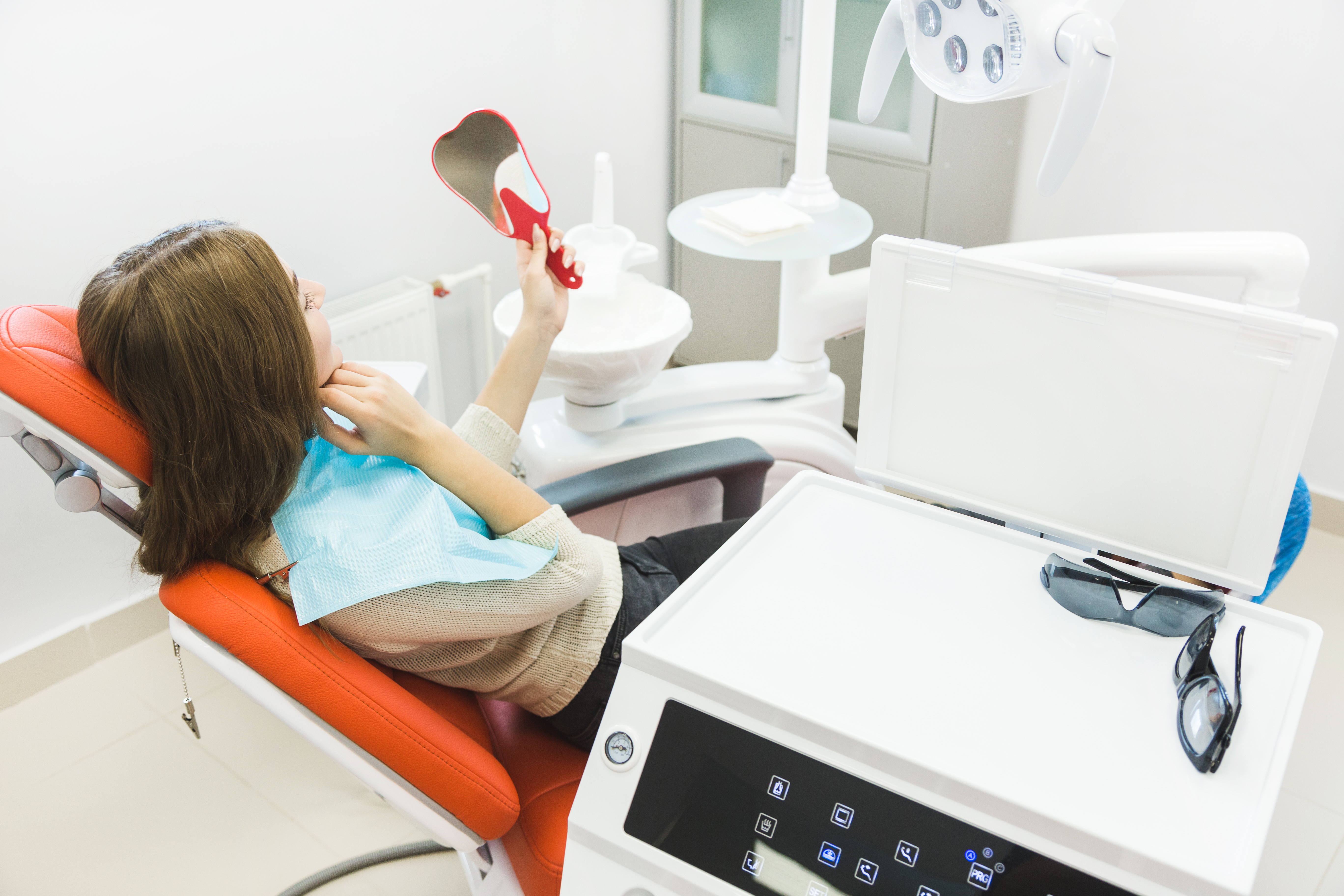Tips For Maintaining Dental Restorations
Tips For Maintaining Dental Restorations

Dental Restoration Care Tips in Midlothian TX
At Soothing Dental in Midlothian, TX, we know your dental restorations are an investment in both your health and confidence. Whether you have crowns, veneers, fillings, or bridges, proper maintenance is key to keeping them functional and beautiful for years. Our serene, spa-like environment paired with Dr. John Vinton’s expertise ensures your care is both comprehensive and comfortable.
This Article will address:
- How often you should get checkups for dental restorations
- Daily oral hygiene routines for protecting your restorations
- Foods, habits, and products to avoid
- How long different restorations typically last
- Signs your restoration may need repair or replacement
- Why a nightguard can help protect your dental work
- How diet and modern dental technology improve restoration durability
- The best toothbrushes and toothpastes for restorations
- The right way to brush and floss around crowns or veneers
How Often Should I Get Checkups to Maintain Dental Restorations in Midlothian, TX?
Most patients should schedule exams and cleanings at least twice a year. However, if you have multiple restorations, gum disease, or grind your teeth, you may benefit from more frequent visits. At Soothing Dental, our preventive approach and advanced technology make it easy to detect problems early, so we can protect your restorations before issues arise.
What Daily Oral Hygiene Routines Keep Dental Restorations in Great Shape?
Consistency is the foundation of maintaining restorations. A strong daily routine includes:
- Brushing twice daily with fluoride toothpaste and a soft-bristle brush
- Flossing at least once daily or using a water flosser for hard-to-reach areas
- Rinsing with an alcohol-free mouthwash to reduce bacteria buildup
Our hygienists at Soothing Dental take time to show patients the most effective techniques so restorations stay in top condition.
How To Maintain Dental RestorationsAre There Dental Products or Foods I Should Avoid?
Certain products and foods can damage or shorten the life of your restorations:
- Products: Avoid abrasive toothpastes, whitening pastes with harsh agents, and hard-bristle brushes.
- Foods: Limit sticky candies, hard nuts, and chewy foods that can crack or dislodge restorations.
- Habits: Reducing alcohol and tobacco is important, as both can weaken bonding materials and discolor restorations.
Our team can recommend safe, non-abrasive products during your hygiene visits.
How Long Do Different Dental Restorations Last in Midlothian, TX?
While every patient is different, general timelines include:
- Fillings: Several years, depending on material and care habits
- Crowns and bridges: Often last 10 years or more with proper hygiene
- Veneers: Long-lasting when paired with good daily care
- Implants: Can last decades with regular maintenance and checkups
Soothing Dental focuses on prevention and precision, helping patients extend the life of their restorations with personalized treatment plans.
What Signs Indicate My Dental Restoration Needs Repair or Replacement?
If you notice any of these signs, it’s time to call our office:
- Sensitivity or pain near the restoration
- Chips, cracks, or visible wear
- Loose or shifting fit
- Discoloration or staining around the edges
Prompt visits to Soothing Dental can prevent minor issues from turning into costly or complex problems.
Do I Need a Nightguard to Protect My Dental Restorations?
Grinding or clenching (bruxism) is one of the most common causes of restoration damage. A custom nightguard provides a protective barrier that prevents excessive wear and cracking. At Soothing Dental, we design nightguards tailored to your bite, often as part of TMJ or bruxism treatment.
How Do Diet and Modern Dentistry Improve Restoration Durability?
Your diet and the technology used in your care both matter.
- Diet: Limiting sugars and acidic beverages helps reduce erosion and cavities that can compromise restorations.
Modern Dentistry: At Soothing Dental, we use digital scans and same-day crowns to achieve precise fits. The better the fit, the less stress restorations endure, extending their lifespan.
What Toothbrush and Toothpaste Should I Use for Restorations?
We recommend soft-bristled toothbrushes and fluoride-based, non-abrasive toothpaste. These protect enamel and restorations without scratching surfaces. Our hygienists can suggest brands that are safe and effective for crowns, veneers, and implants.
How Should I Brush and Floss Around Crowns or Veneers?
Proper technique protects both natural teeth and restorations:
- Brush using gentle circular motions at the gumline.
- Floss carefully around crowns to avoid loosening them.
- Use floss threaders or water flossers to clean beneath bridges and around implants.
At Soothing Dental, we view patient education as an essential part of preventive care, ensuring you feel confident maintaining your smile at home.
Long-Lasting Restorations Start at Soothing Dental!
Protecting your dental restorations requires a combination of professional care and mindful daily habits. By brushing and flossing properly, avoiding damaging foods and products, wearing a nightguard if needed, and scheduling regular visits, you can enjoy your restorations for many years.
At Soothing Dental in Midlothian, TX, we provide a spa-like environment where your comfort and care come first. If you want personalized guidance on keeping your restorations in excellent shape, schedule a visit with Dr. John Vinton and our team today.
Sources:
- American Dental Association. “Caring for Dental Restorations.” ADA.org
- Colgate Oral Care Center. “How to Care for Your Crowns, Fillings, and Veneers.”
- Mayo Clinic. “Dental Health: Brushing and Flossing Tips.”

RECENT BLOG POSTS

How to Relax at the Dentist

Why Would A Dentist Offer Skin Rejuvenation?

How to Combat Bad Breath: Causes and Solutions

